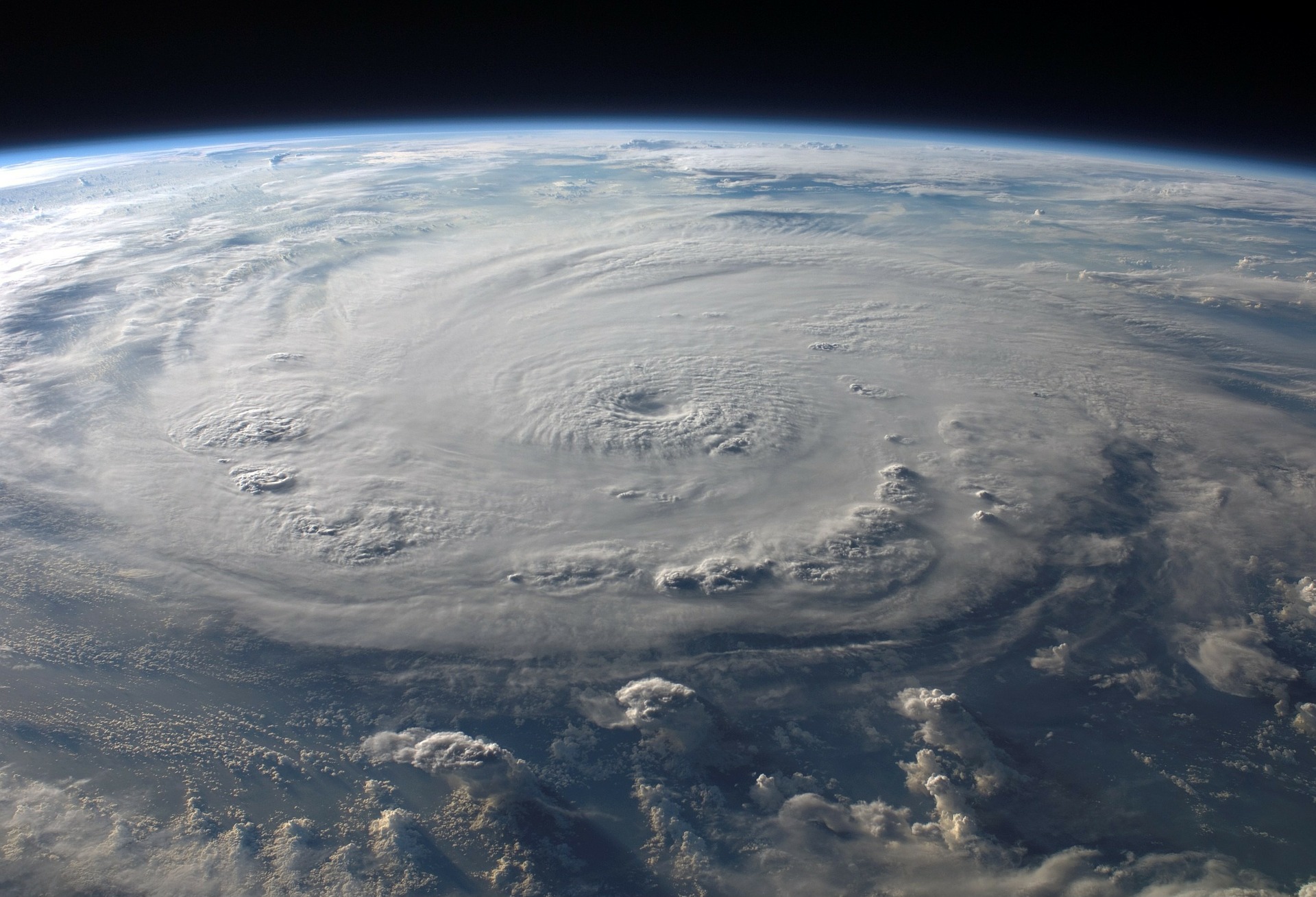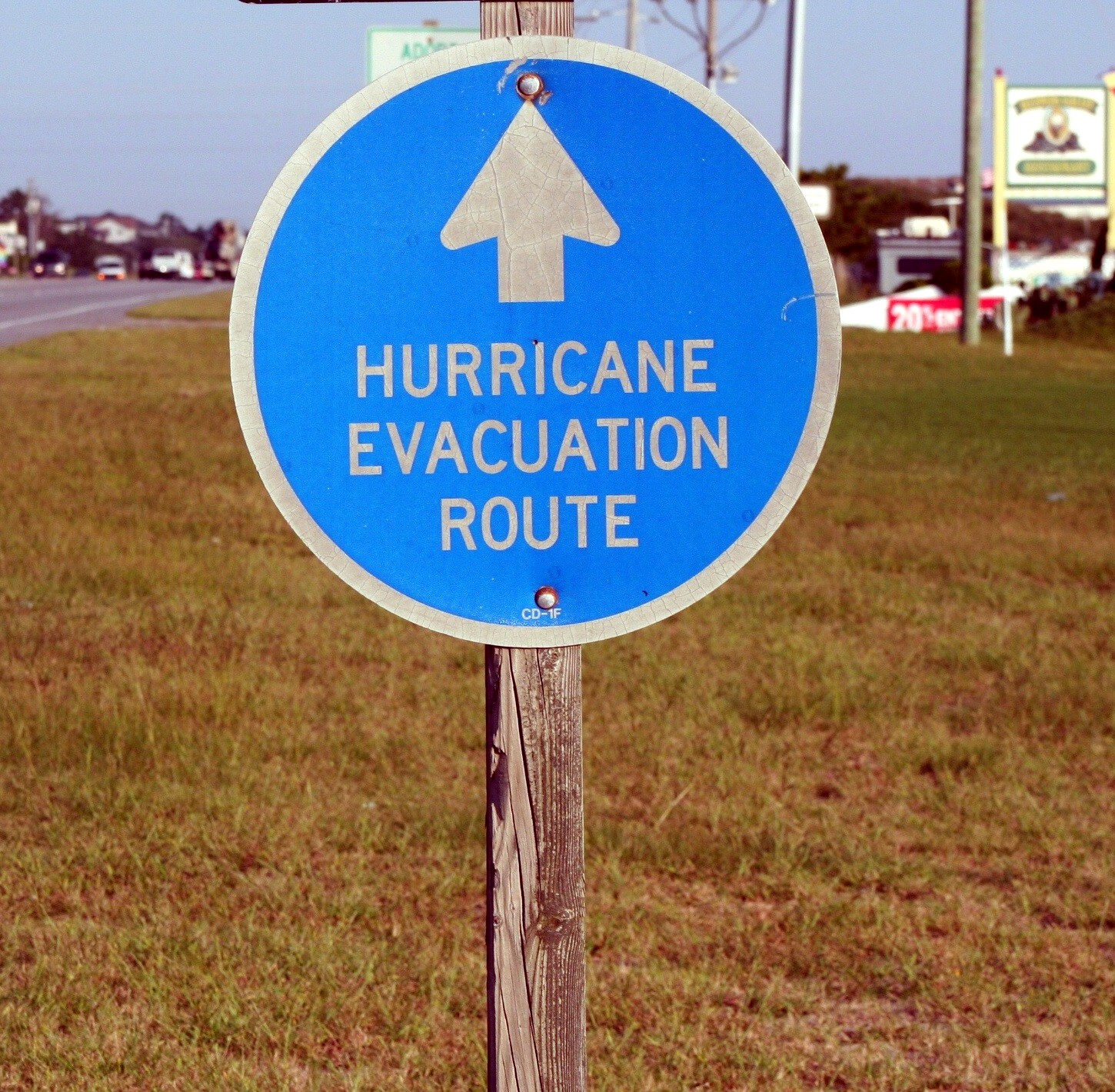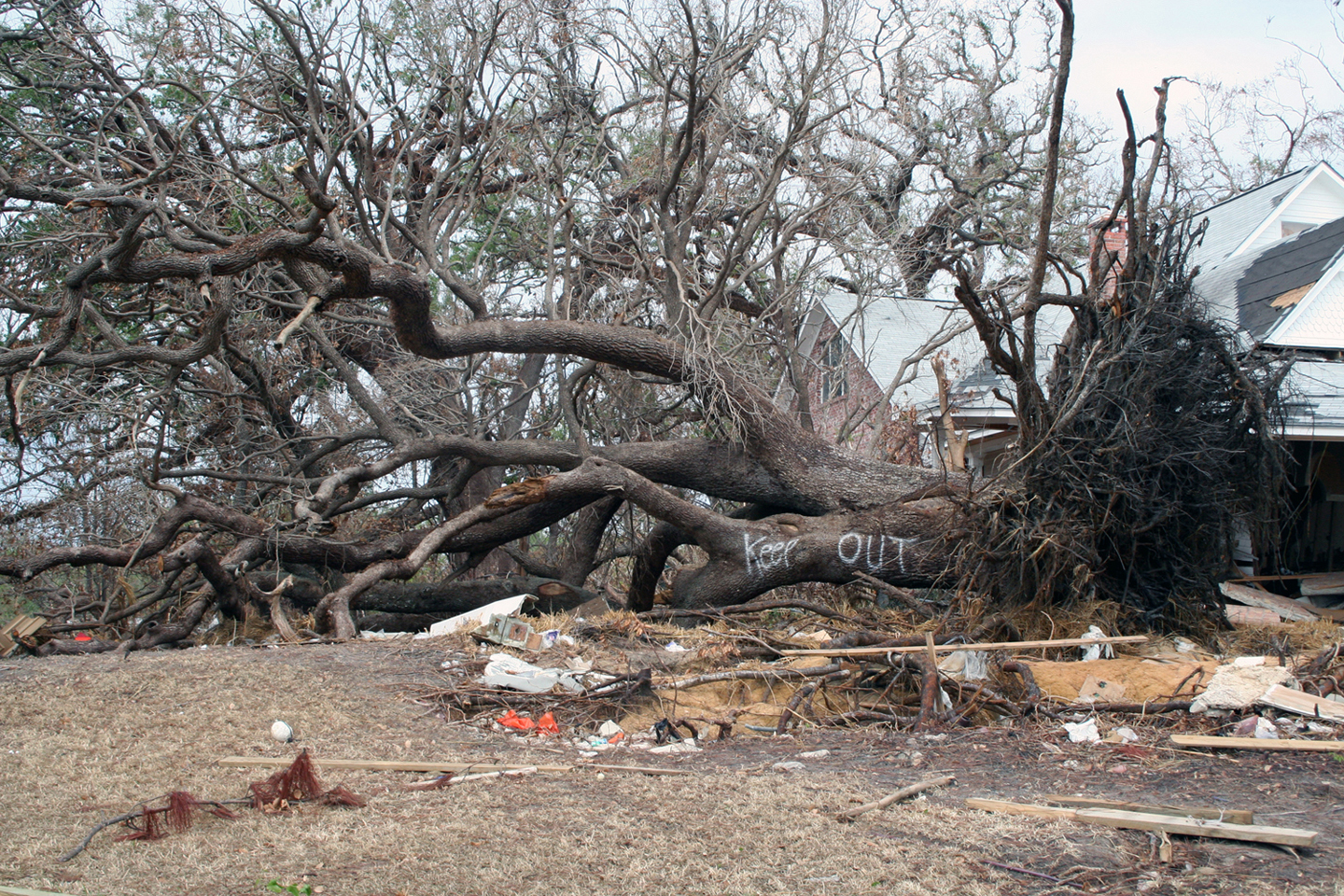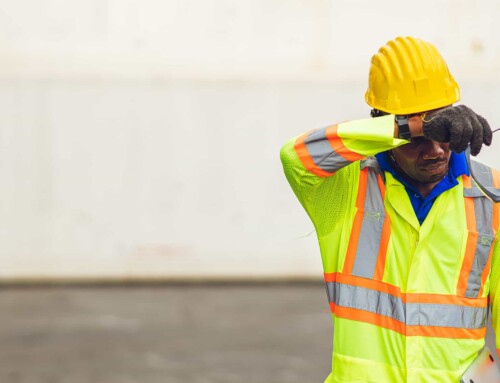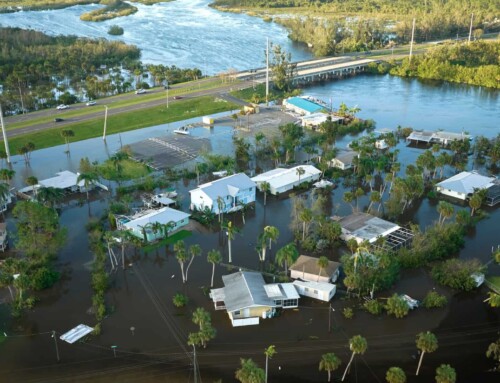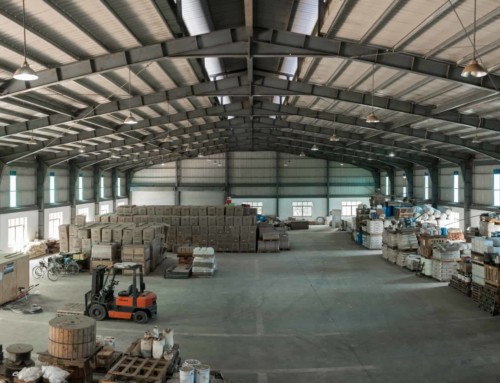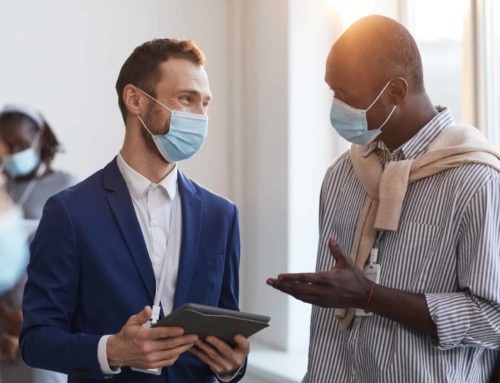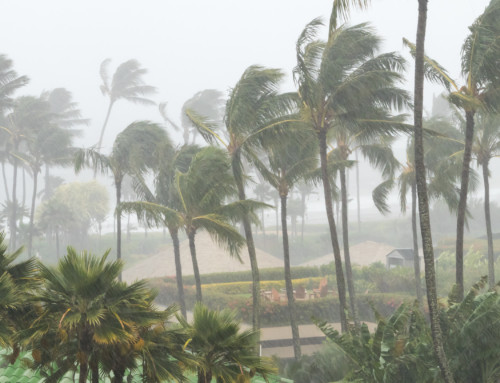With the recent destruction in Texas from Hurricane Harvey and with Hurricane Irma bearing down on Florida, it is important to know how to prepare for these storms and what to do during and after. Here are some of the ways you can be ready if a hurricane heads your way.
Make a Plan
Even if you live miles from the shore, hurricanes can still be dangerous. Whether you live in an area in the projected path of the storm or one that is often affected by them, it is important to have a plan.
You can start your preparation by making a checklist for what you will need in the event of a hurricane. Keep in mind that you might be without power and unable to evacuate for up to a week. Create an emergency kit that can be helpful year round and have a list of items to stock up on right before a storm. Make sure that you include non-perishable food, safety items, personal cleaning and care items, as well as any necessary prescriptions. As the storm is approaching, remember that filling clean containers with tap water can save you from trying to find water bottles at a store.
You should also take this time to find your evacuation route and note the location of all the emergency shelters in your area. In the case of an evacuation, have a second emergency kit for your car, along with another list of items to take with you. Remember to bring any important or sensitive documents, such as passports or wills. Take note that some shelters and hotels may not be able to accommodate pets, and plan your evacuation around this if necessary.
Depending on your location and the category of the hurricane, you may face any degree of high winds, flooding, heavy rain, storm surges, or tornadoes. By knowing the risks associated with each, you can create a specific plan to ensure your safety.
During the Storm
Whether you decide to evacuate or not, here are some things you can do to prepare your home:
- Clear your yard of anything that could be blown into your home during strong winds.
- Cover your windows and doors with storm shutters or plywood.
- Be ready to turn off your power, if there is flooding, downed power lines, or you need to evacuate. You may also need to turn off your gas and water service.
- Keep your clean drinking water secure.
- Lower the thermostat of your fridge, to preserve your food as long as possible if the power goes out.
In the event that you are forced to evacuate, only bring your emergency car kit and other essential items. Overpacking your car can put you in even more danger later on. Make sure to follow all road signs and the instructions of emergency workers even if there is traffic. Alternate routes may be blocked, flooded, or more dangerous.
If you decide to stay home and weather the storm, make sure that you stay inside until emergency officials announce it is safe to go outside. Keep away from windows as much as possible and try to sleep in a room without windows. In an emergency, you can use closets or bathtubs to protect yourself. Be ready to leave at any moment, as well. If your home is damaged or it is no longer safe to stay there, try to go to a neighbor’s home or the nearest emergency shelter.
No matter if you decide to stay in your home or evacuate, do your best to stay informed on all information about the storm. Listen to the radio or TV, all emergency personnel, and any emergency alarms.
Safety After a Hurricane
Remember that the end of a hurricane doesn’t always mean that the danger has entirely passed. While you wait for the all-clear from an emergency official, you should continue to follow many of the same rules as during the storm. Avoid going near contaminated or flooded areas, and don’t use any contaminated water to clean yourself or drink. Keep your food away from this water as well, and don’t eat anything that smells off.
Additionally, don’t use any electrical equipment that may have gotten wet during the storm. Use flashlights instead of candles if possible, and never leave a candle unattended. Also keep in mind that gas burning equipment, including generators, camp stoves, and grills, should not be used inside of your home, as they can release carbon monoxide.
As soon as it is safe to do so, it is important to clean and dry your home. Air your house our and use a fan to dry any wet areas. Then clean everything with fresh water and detergent. Patch any leaks as quickly as possible to avoid further issues. Throw away anything that can’t be cleaned quickly. If you find mold, clean it with a mixture of bleach and water, with either a respirator or in a ventilated area and while wearing gloves.
For more information on hurricane preparation and safety, go to the Center for Disease Control and Prevention’s website:https://www.cdc.gov/disasters/hurricanes/index.html

